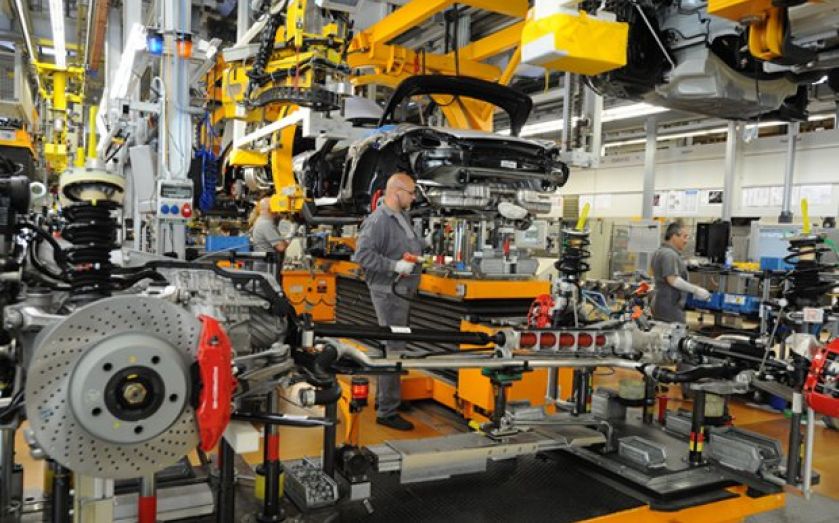Why predictions of rapid real wage growth are likely to be proved wrong

IN 2014, the UK economy is likely to have grown by over 3 per cent, employment growth has been remarkably strong, some progress has been made on reducing the deficit, and inflation remains low and stable, despite yesterday’s slight uptick to 1.3 per cent on the consumer price index (CPI).
But of all the statistics that matter most to households, real wage growth stands out as the most problematic. In spite of the Bank of England’s over-optimistic forecasts at the beginning of the year, in the year to September, average weekly earnings growth, excluding bonuses, only inched above CPI inflation (including bonuses, there was no real wage growth at all). It seems that predictions of rapid real wage growth will again be proved wrong. A combination of remaining labour market slack, abysmal productivity growth and rising pension contributions are conspiring to constrain real rises.
First, there is still slack in the labour market, which means that pressure for wage rises remains relatively muted. In normal economic circumstances, real wage growth is associated with an unemployment rate of 5.5 per cent or less and, while unemployment has tumbled from 7.6 per cent a year ago, it still has further to go before reaching that rate. Further, many self-employed and part time workers would prefer to be in full time employment and, while rates of both are now falling, they remain elevated and place a downward pressure on wages.
Moreover, much of the increase in employment over 2014 appears to have come from lower skilled workers. More than half of the employment growth in the first half of 2014 has come from low skilled jobs, compared to 19 per cent over the entire period since 2010. Not only has this meant a depression in wages over 2014, but a reduction in the capacity for wage growth in 2015.
Second, in 2013, productivity fell again and is about 16 percentage points lower than where it would have been had it grown at the pre-crisis rate. Ultimately, real wages cannot grow in the medium term without sustainable productivity growth. Impaired capital allocation, the result of the banking crisis and ultra-loose monetary policy, may have created structural damage to productivity prospects. The proportion of firms classed as “product innovators”, companies that have introduced a new or significantly improved product over the past three years, has fallen to 18 per cent from 24 per cent in 2008, according to the Bank of England.
Productivity is important because it determines what employers can pay their employees. However, if the gap between what is paid and what is received increases, productivity gains will not be felt in wage packets. The expansion of auto-enrolment is to be welcomed, but it does mean that employers are swapping wage rises now for higher pensions in the future.
The government should use the upcoming Autumn Statement to outline measures to boost medium-term growth prospects. Supply-side reforms to schools and universities, alongside more apprenticeships, could boost the skills of new workers. Tackling regulatory burdens on business further, and more ambitious planning reforms, could also help.
Are we feeling better off than we were five years ago? For many households, the answer will be no for a little while yet.